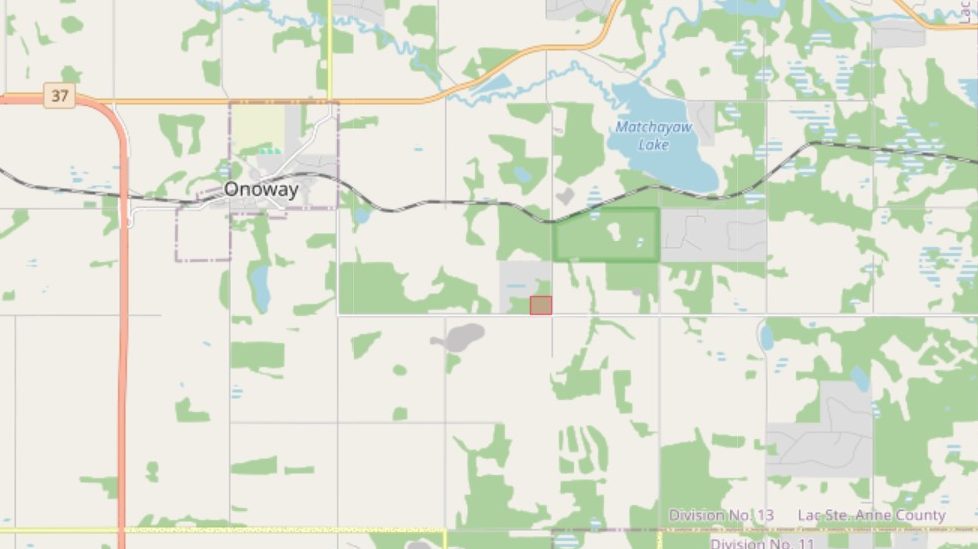Year in review: Nova Scotia lobster fishery fight
Posted December 26, 2020 6:00 am.
HALIFAX – The pandemic may have dominated headlines globally but in the fall, a clash on Canada’s east coast stole some attention from COVID-19.
On Sept. 17, the Sipekne’katik First Nation launched a self-regulated lobster fishery outside the federally-regulated commercial fishing season.
READ MORE: Five things to know about the dispute over Nova Scotia’s Indigenous lobster fishery
The Mi’kmaq asserted their treaty right that they say allows them to fish when and where they want. Ottawa affirmed those rights a few days later.
On Sept. 18, two people are arrested on assault charges following confrontations between Mi’kmaq and non-Indigenous fishers on the wharf of the self-regulated fishery in Weymouth, N.S.
This was the beginning of a showdown that would spark solidarity rallies across the country.
LISTEN: Inside Nova Scotia’s complicated lobster fishery fight
Non-Indigenous fishermen protested the Indigenous fishers’ attempts to set lobster traps in St. Mary’s Bay during the off-season, pulling hundreds of traps set by Indigenous fishermen were pulled from the water.
Indigenous fishers were threatened, boats were burned.
One Acadian fisherman told the Canadian Press that the Mi’kmaq fishery could never be respected.
In Roger LeBlanc’s eyes, the Indigenous fishery must be regulated and occur alongside the roughly 80 to 90 commercial lobster harvesters that ply the bay from late November until the spring.
“We all have Indigenous blood. We always worked side by side. The Acadians are not racist. We know they (Indigenous fishers) have rights, but we can’t respect what’s happening in St. Mary’s Bay. We never will,” he said.
WATCH: Nova Scotia clash over Indigenous fishing rights
Clashes between commercial fishers and Indigenous fishers were violent, yet Chief Mike Sack of the Sipekne’katik First Nation said the self-regulated fishery would press on.
The RCMP ramped up its presence in the area in an attempt to keep the peace. In October, arson charges were laid after a lobster pound storing Indigenous catches was set on fire.
Someone was also charged with assault following a physical confrontation with Sack.
WATCH: Tensions rise in Nova Scotia lobster fishing dispute
Sack said on Oct. 21 that the recent vandalism and the loss of potential sales had cost the band more than $1.5 million. He added that at that point in the dispute, lobster buyers had blacklisted Indigenous fishers.
Near the end of that month, the Trudeau government appointed a university professor to be a neutral third party to mediate between commercial and Indigenous fishers in hopes of resolving the dispute.
Allister Surette was named the Federal Special Representative and was expected to gather the different perspectives, seek to build understanding and make recommendations to the ministers of Fisheries and Crown-Indigenous Relations toward a positive resolution.
READ MORE: Federal representative hopes to ease tensions in Nova Scotia lobster dispute
The government said he is to foster dialogue with the objective of decreasing tensions and preventing further escalation of the conflict.
Surrette previously facilitated fishing disputes in Prince Edward Island, New Brunswick and Iles-de-la-Madeleine, but Sack issued a statement detailing the band’s concern that Surette may not have the needed experience when it comes to Indigenous issues.
In November, Sipekne’katik First Nation filed multiple lawsuits against non-Indigenous fishers and federal agencies for alleged damages its harvesters have suffered.
READ MORE: Lawyer says First Nation to file lawsuits against N.S. government, commercial fishers
Ron Pink, the lawyer for Sipekne’katik First Nation, said the legal actions would include a constitutional challenge targeting a Nova Scotia law that has prevented the band from selling its catch to potential buyers.
Sipekne’katik also planned to file legal actions against individual captains of commercial fishing boats for assault, battery and harassment, alleging their involvement in a series of events that included the burning of a Sipekne’katik band member’s van and the destruction of a lobster pound.
Through the entire course of the east coast battle over fishing rights, advocates called for the government to define what it meant for Indigenous fishers to earn a “moderate living”, something laid out in a 1999 court ruling that allowed Indigenous fishers to fish when and where they liked.
Those calls were largely left unanswered.
-with files from CityNews, The Canadian Press








